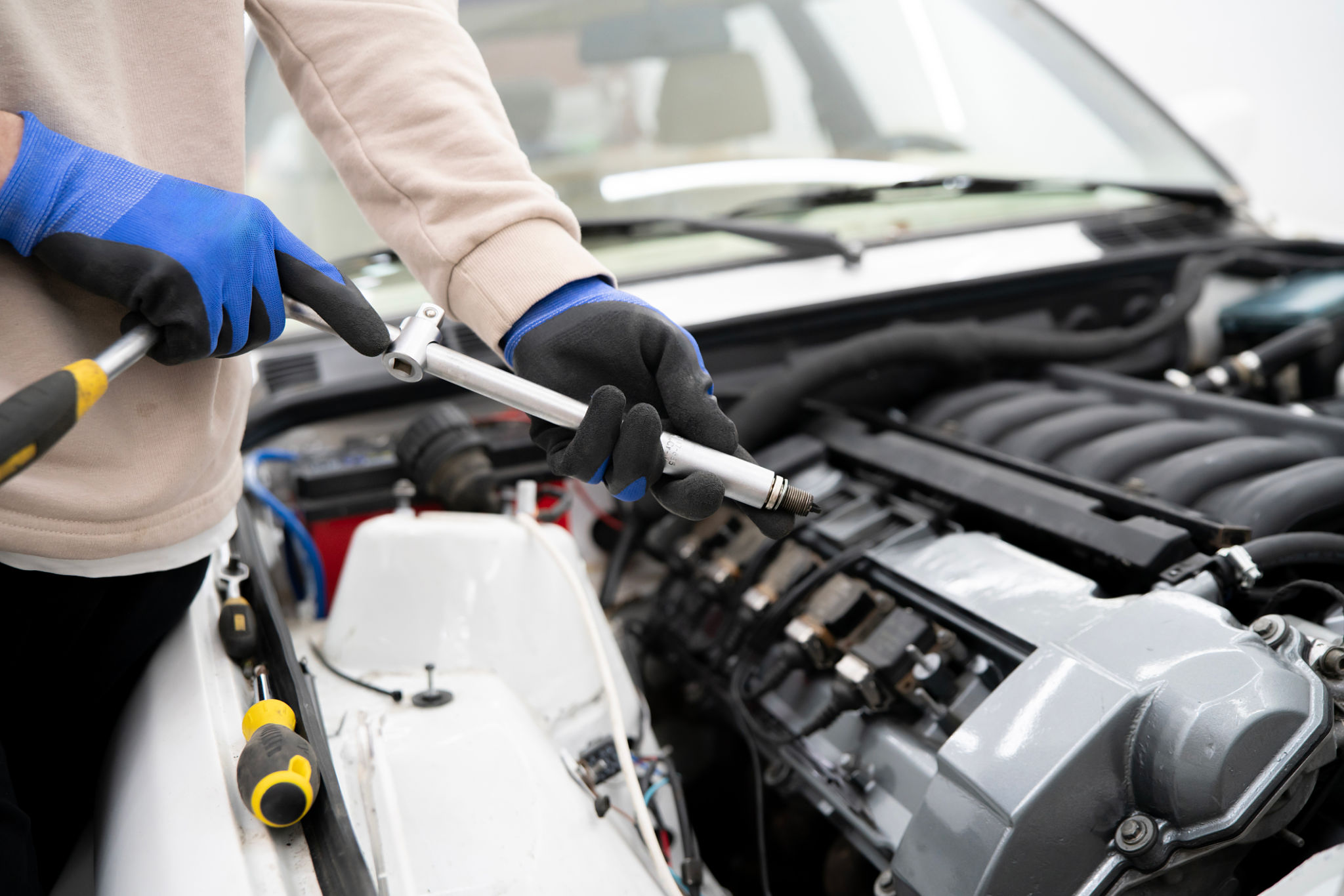The Importance of Regular Tuning: Insights from a Lake Stevens Local Piano Tuner
The Art and Science of Piano Tuning
For many, a piano is not just a musical instrument; it is a cherished heirloom or a source of personal joy. Regular maintenance, particularly tuning, is essential to preserve its sound quality. As a local piano tuner from Lake Stevens, I have seen firsthand how routine tuning can significantly enhance both the performance and lifespan of a piano.

Pianos are intricate instruments with over 200 strings that hold significant tension. This tension can lead to gradual detuning, affected by factors such as temperature changes, humidity, and the frequency of use. Regular tuning ensures that the piano remains in optimal condition, providing a consistent and beautiful sound.
Why Regular Tuning Matters
One of the primary reasons to tune a piano regularly is to maintain its tonal quality. When a piano is out of tune, it can sound jarring or unpleasant, detracting from the musician's performance. Regular tuning helps maintain the instrument's tonal integrity, ensuring it sounds its best.
Moreover, consistent tuning can prevent more severe issues from developing. An untuned piano for extended periods can lead to uneven tension across the strings, potentially causing damage to the soundboard or other structural components.
How Often Should You Tune Your Piano?
The frequency of tuning depends on several factors, including the environment where the piano is kept and how often it is played. Generally, it is recommended to tune a piano at least twice a year. However, professional pianists or those who play frequently may benefit from tuning every three months.

Environmental conditions play a crucial role in determining tuning frequency. Pianos in areas with significant temperature fluctuations or high humidity levels may require more frequent attention to maintain their sound quality and structural integrity.
Choosing the Right Professional
Selecting a skilled and experienced piano tuner is essential for ensuring your instrument receives the best care. A knowledgeable tuner will not only adjust the strings but also inspect other vital components like the hammers and pedals to address any additional maintenance needs.
When choosing a tuner, consider asking for recommendations from local music schools or fellow pianists. Reading reviews and checking credentials can also help ensure you find someone qualified to maintain your valuable instrument.

The Long-Term Benefits of Regular Tuning
Investing in regular tuning not only enhances your playing experience but also contributes to the longevity of your piano. Properly maintained pianos retain their value better and can provide enjoyment for generations to come. For those considering selling their instrument in the future, a well-maintained piano is more appealing to potential buyers.
In conclusion, while regular tuning requires an investment of time and money, the benefits far outweigh the costs. By ensuring your piano is routinely tuned by a professional, you can enjoy its beautiful sound and keep it in excellent condition for years to come.
